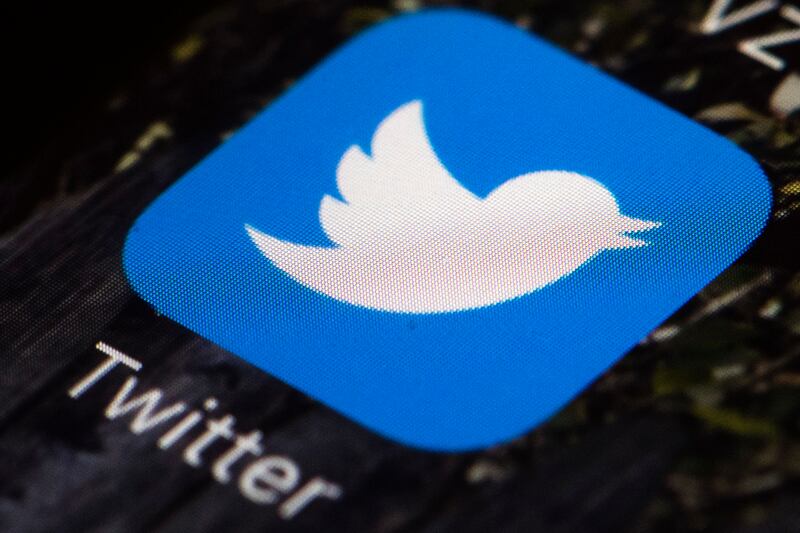“Fake news spreads faster and more easily than this virus, and is just as dangerous.”
Those were the words of Tedros Adhanom Ghebreyesus, Director-General of the World Health Organization, spoken at a conference in February. They’re just as alarming today as they were three months ago.
The past several weeks have justified Tedros’ assertion that, “We’re not just fighting an epidemic; we’re fighting an infodemic.” Bogus COVID-19 remedies, false data and misquoted leaders fuel conspiracy theories about the pandemic. Many are banal attempts to stir the pot; others are a threat to life.
One “Miracle Mineral Solution” being touted online brought the reprimand of the Food and Drug Administration, saying it was “the same as drinking bleach.”
Cyberscams, too, are rampant. Thinly-cloaked websites or YouTube comments purporting to link to coronavirus facts trick users into giving up personal information.
Experts and companies are fighting the onslaught as quick as it comes, but it’s an uphill battle. Aggressive efforts by Google, Facebook and Twitter seem to be falling short, letting misinformation slip through the cracks. Doctors have taken to social media in the hopes that the facts they share will go viral.
“Those of us who are the good guys and gals here feel like we have an obligation to put out information that is as correct as it can be,” one Twitter-active doctor told The Wall Street Journal.
Their concern of late is the rising tide of misinformation surrounding a future COVID-19 vaccine.
A new paper in the research journal Nature, published on Wednesday, expresses concern at the way anti-vaccination efforts have so rapidly spread, drowning out the mainstream views backed by rigorous science. The authors conclude anti-vaccination sentiments could “dominate in a decade.”
Without proper research and pushback, the spread of these theories — and other dangerous antics or falsehoods — could seriously threaten the well-being of Americans.
When people are exposed to an idea continually, the more likely they are to see it as credible. Allowing false ideas to become commonplace, even on social media, could be doing more harm than it seems.
Instead of ignoring the rumors, individuals should take the initiative to research and push back when they encounter a false or pseudoscientific claim. Disinformation is actively harmful, and individuals should not rely on others or large organizations to take responsibility for fact checking.
You may understandably want to avoid drama or heated exchanges on social media. However, when staying silent may inadvertently contribute to unnecessary deaths, speaking up in respectful, approachable ways is a prudent measure to take. Doing so kindly is possible.
Even if the intended person may not agree, others may read that comment and begin to do their own research. Correcting the record may help erode the bystander effect and give others the courage to say something as well.
As the world winds through one of the largest public health crises in living memory, each must do their part to ensure that facts are predominant.

